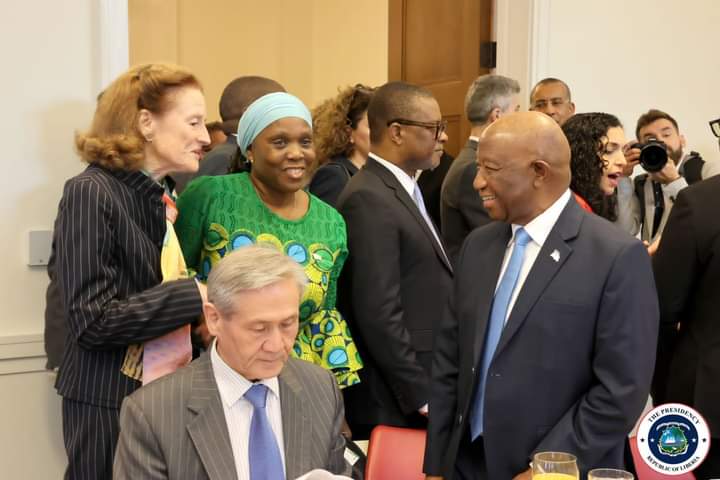President Joseph Nyumah Boakai’s first year in office has been marked by significant challenges and a performance widely considered disappointing. Despite campaigning on a six-point “Arrest Agenda” promising improvements in key areas like agriculture, infrastructure, and governance, his administration has struggled to deliver tangible results. Instead, Liberia has experienced escalating economic hardship, with rising inflation, soaring food prices, and a depreciating currency impacting the lives of ordinary citizens. The lack of effective planning and impulsive decision-making have further exacerbated the situation, leading to widespread disillusionment and raising questions about the sincerity of the administration’s commitment to its promises.
The economic woes plaguing Liberia under Boakai’s leadership are stark. A staggering inflation rate of 10.74% coupled with a high monetary policy rate of 17.5% has created a hostile environment for local businesses and discouraged foreign investment. The alarming 11.5% food inflation has made basic necessities like rice unaffordable for many, further deepening the economic hardship faced by ordinary Liberians. Adding to the economic strain are exorbitant energy costs, foreign exchange liquidity challenges, multiple layers of import taxation, and an unreliable power supply. These factors, combined with the rising political tensions evidenced by the arrest of protesters, paint a grim picture of the current state of affairs.
Despite inheriting a challenging economic landscape characterized by high debt, a depreciating currency, and declining iron ore production, President Boakai’s administration has arguably worsened the situation. Contrary to campaign promises to curtail borrowing, the government has accumulated over US$236 million in debt in just one year, pushing the national debt to over US$2.5 billion. This reckless financial strategy raises serious concerns about fiscal responsibility and the long-term economic outlook. Moreover, the presence of controversial foreign companies like Global Tracking and Maritime Solutions (GTMS) and MedTech Scientific Limited (MTS), operating in Liberia despite accusations of fraud and questionable practices, further underscores the administration’s questionable approach to improving the investment climate.
Boakai’s presidency has also been marked by increased political polarization and accusations of regional bias in appointments, with key positions predominantly favoring his home county of Lofa. This perceived favoritism has deepened existing divisions and fueled public discontent. The rising cost of living, including the unaffordability of essential food items and medical care, has further eroded public trust and amplified the sense of despair among citizens. The stark contrast between the promised prosperity and the harsh realities faced by many Liberians raises serious doubts about the administration’s ability to deliver on its commitments.
While it is acknowledged that one year is a relatively short period to assess a president’s full term, the absence of any tangible signs of progress or hope is concerning. Questions regarding President Boakai’s experience and touted political acumen are becoming increasingly prominent. The lack of accountability and the tendency to deflect blame rather than address the administration’s shortcomings further exacerbate the situation. The pervasive adaptive lies and exaggerated claims propagated by presidential appointees and supporters on social media only serve to undermine public trust and deepen the sense of despair.
The current political climate in Liberia is characterized by a sense of hopelessness, fueled by the behavior of those in power. The tendency of politicians, particularly in the National Legislature, to prioritize personal gain and align themselves with the presidency regardless of the consequences has eroded public faith in the government. This, coupled with the administration’s apparent focus on consolidating power and fulfilling personal ambitions rather than addressing the needs of the people, raises serious concerns about the future of Liberia. President Boakai must recognize that power should be used for the betterment of the nation, not for personal gain. He must embrace transparency, accountability, and a genuine commitment to addressing the challenges facing the country. Failure to do so risks leaving a legacy of unfulfilled promises and further deepening the despair of the Liberian people.














